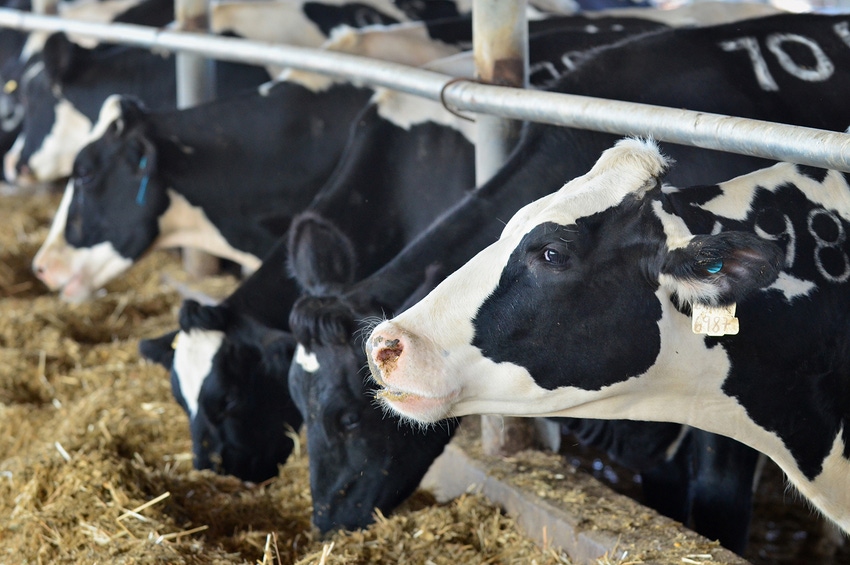UPDATED: HPAI detected in cattle at Idaho, Michigan dairy farms
Dairies had imported cattle from state that recently confirmed cases of the virus in cattle.

Just days after the virus was confirmed in dairy cows in Texas and Kansas, the Idaho State Department of Agriculture (ISDA) and the Michigan Department of Agriculture & Rural Development (MDARD) announced highly pathogenic avian influenza (HPAI) in dairy cattle operations, marking the first case of the virus in dairy operations for both states.
ISDA said the affected facility, located in Cassia County, had recently imported cattle from another state that had previously identified cases of HPAI in cattle. ISDA suggested the virus may be transmitted from cow-to-cow, in addition to previous reports indicating cattle were acquiring the virus from infected birds.
MDARD confirmed that the cattle in Michigan, located in Montcalm County, had recently traveled from an affected premises in Texas, although they were not symptomatic at the time.
"We have well-trained staff responding to this situation and I have the utmost confidence in our team. We will continue working with our local, state, and national partners to protect animal and public health," said MDARD Director Tim Boring. "Our highest priorities at MDARD remain protecting our food supply and ensuring animal health. As this situation evolves, we will provide critical updates to producers, industry, and all Michiganders.”
Michigan State Veterinarian Dr. Nora Wineland, DVM, MS, DACVPM, commented: “MDARD is working diligently and in close collaboration with government partners, producer groups, and Michigan dairy farmers to address the situation and prevent the spread of disease. As more is learned, it is vitally important for producers to work with their veterinarian and isolate sick animals from others, minimize the number of visitors to their farms, prevent contact between their animals and wildlife, and continue to vigilantly monitor the health of their animals.”
IDFA said the primary concern with the diagnosis is the on-dairy production losses, as the disease has been associated with decreased milk production. In addition to a drop in milk production, symptoms of HPAI in cattle include appetite loss, manure changes, thickened or colostrum-like milk and a low-grade fever.
The ISDA has placed a quarantine on the positive facility, meaning no livestock are permitted to enter or exit the infected premises. ISDA is continuing to investigate the confirmed case via additional sampling.
The infected cattle in Idaho are also being quarantined from the rest of the herd on the facility.
Both ISDA and MDARD encouraged dairy producers to enhance biosecurity measures and closely monitor their herds.
The National Dairy FARM Program (NDFP) offers several valuable biosecurity resources to provide dairy farmers with tools to keep their cattle and dairy businesses safe, including:
Additional biosecurity practices guidance is available here.
If cattle begin exhibiting clinical signs, producers should contact a local veterinarian immediately.
ISDA said pasteurized milk from affected cows does not present a human health concern, and the cows on the dairy will continue to produce milk and all animals will be cared for normally.
MDARD reported that analysis of the virus from the cases of the affected cattle has not shown any significant new adaptation to make the virus more transmissible between mammals. Therefore, the public health risk associated with HPAI remains low.
About the Author(s)
You May Also Like





